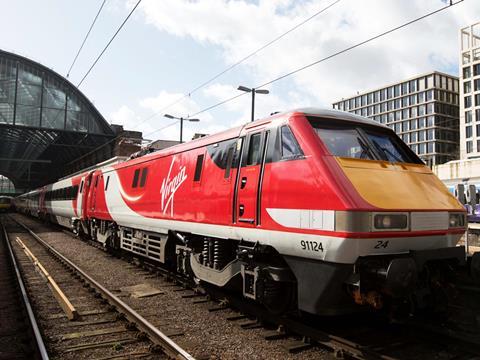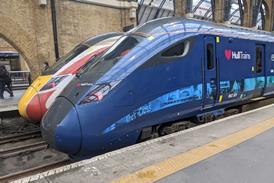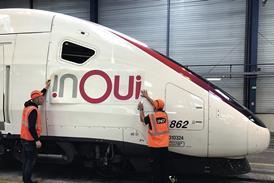
UK: InterCity East Coast franchisee Virgin Trains East Coast has breached ‘a key financial covenant’ and cannot be expected to continue for more than a few months, Transport Secretary Chris Grayling told parliament on February 5.
The VTEC joint venture of Stagecoach (90%) and Virgin (10%) has ‘met all its financial commitments to the taxpayer, returning nearly £1bn to the public purse’, Grayling said. ‘But this has come at a substantial cost of nearly £200m to Stagecoach. It is now clear that this franchise will only be able to continue in its current form for a matter of a very small number of months and no more.’
As a result, Grayling would ‘in the very near future’ need to ‘end the contract and put in place a successor arrangement’. The Department for Transport is appraising options to ensure continuity of service until the planned implementation of a new East Coast Partnership contract from 2020. One option is to negotiate a short-term holding contract with the incumbent, and the other would be to take the franchise into public control. DfT’s current ‘operator of last resort’ is an Arup-led consortium including EY and SNC-Lavalin.
Grayling emphasised that the franchise itself was performing well, with average four-weekly premium payments over 30% higher than those made during the previous period of public ownership.
Stagecoach said it had seen a ‘hardening’ of DfT's negotiating position, ‘coinciding with increased media and political scrutiny around government contractual relationships with the private sector’. Grayling’s latest statement reflected ‘an evolution’ of DfT’s position, Stagecoach said.
DfT is now requiring Stagecoach and Virgin to fund the performance bond in the agreement, which is intended to cover the costs of re-letting the franchise. Stagecoach’s share would be worth up to ‘around £19m’. In addition, DfT is seeking a further payment to reflect VTEC’s residual net assets arising under the existing franchise.

















